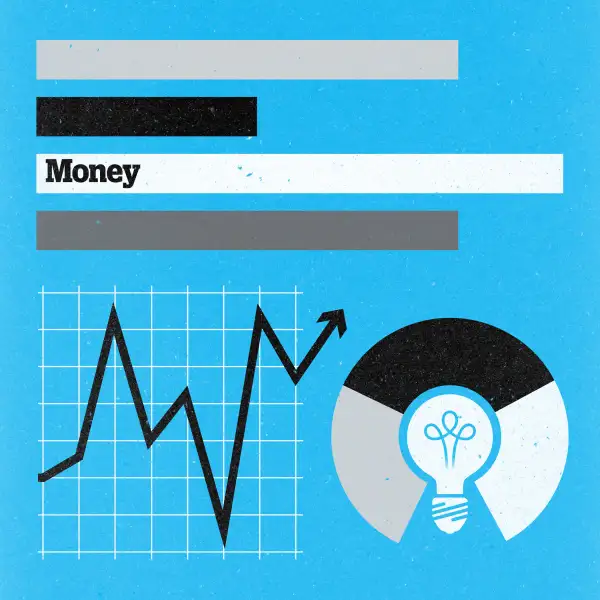How to Tell If You Can Retire on Your Savings
Money is not a client of any investment adviser featured on this page. The information provided on this page is for educational purposes only and is not intended as investment advice. Money does not offer advisory services.

Q: I am 50, have $400,000 dollars saved, and have nearly paid off my home. With a disability, I don’t think I can work more than a part-time job. Am I able to retire off this income in a money market account? — Greg in Columbus
A: Your circumstances are a little unusual, but your question is a common one. Without knowing all of the details, including your expenses and other sources of income, it’s impossible to say whether your savings will get you through retirement.
“At 50, you’re potentially looking at a 40-year time horizon,” says Chip Hymiller, a certified financial planner with Beacon Financial Strategies in Raleigh, N.C. “There can be a tremendous amount of variability in returns, inflation, expenses.”
We can, however, offer steps for calculating how long your money will last and where it should be invested. Spoiler alert: A money market fund is probably not the answer.
Your first step should be to do a detailed analysis of your spending. Don’t simply guess how much you’re spending — and where — each month. Look at your actual spending for the last six months to a year, says Hymiller.
Next, make your best estimate for how your spending will change in the years and decades ahead. You are close to owning your house free and clear, which is great, but what you save on your mortgage could eventually be eaten up by other expenses, namely healthcare.
Once you have a decent sense of your expenses, look at all of your sources of income, including disability payments if you receive them, estimates for Social Security once you reach retirement age, and what you expect to make with a part-time job.
Read next: How Mark Zuckerberg and Priscilla Chan’s Donation Could Save Retirement
Aim to earn enough part-time income to cover your expenses for the foreseeable future. The longer you can delay dipping into your nest egg, the better your odds for making it last. Better yet, continue adding to your savings. When you pay off your house, for example, direct what you were spending on your mortgage to your retirement savings.
If your income doesn’t cover your expenses, you may be entitled to take early withdrawals — sans tax and penalty — from retirement funds because of your disability. But again, better to make adjustments on your expenses and income now than start drawing on your savings.
No matter how this pencils out, you need to take another look at how your money is invested.
Given your age and situation, you certainly need to be on the conservative side, but investing everything in a money market account will do you more harm than good over the long run. “By investing in a money market, you are locking in a negative real rate of return,” says Hymiller, explaining that at today’s interest rates — essentially zero – your savings won’t keep pace with inflation. “At 3% inflation, $2,000 in expenses today will be $2,700 in 10 years.”
Let’s look at this from another angle. Say you need to withdraw $2,000 from your savings each month to make of the difference between your expenses and income. Assuming 3% inflation and 1% annual return in a money market account (which is being generous), your savings will last a little over 14 years if you start taking money out today.
By shifting your savings into a balanced portfolio of stocks and bonds with an average annual return of 6% a year, you can withdraw the same amount for more than 23 years. You can plug in your own numbers using online savings tool, such as this one from Mutual of Omaha.